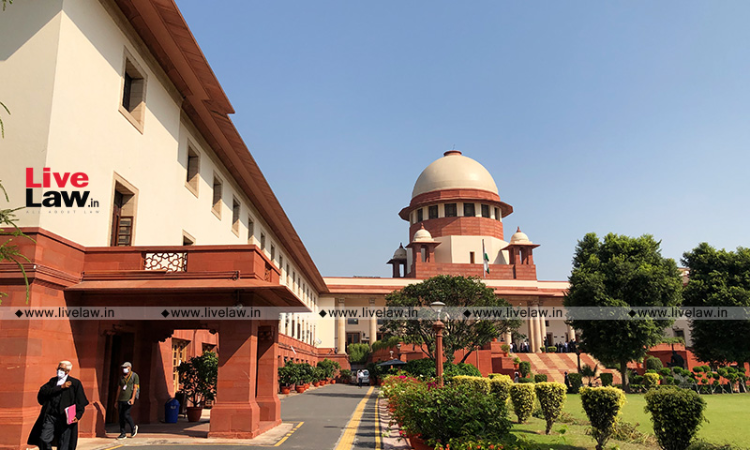Committee Constituted To Frame Guidelines For Seizure Of Digital Devices : Centre Tells Supreme Court
Awstika Das
6 Dec 2023 12:05 PM IST

Next Story
6 Dec 2023 12:05 PM IST
The Central Government on Wednesday (December 6) told the Supreme Court that a committee has been constituted to look into the framing of guidelines regarding seizure of digital devices by investigation agencies. Upon the assurance of the Additional Solicitor General of India that the process will be expedited, the Supreme Court adjourned until December 14 the hearing of pleas raising...
